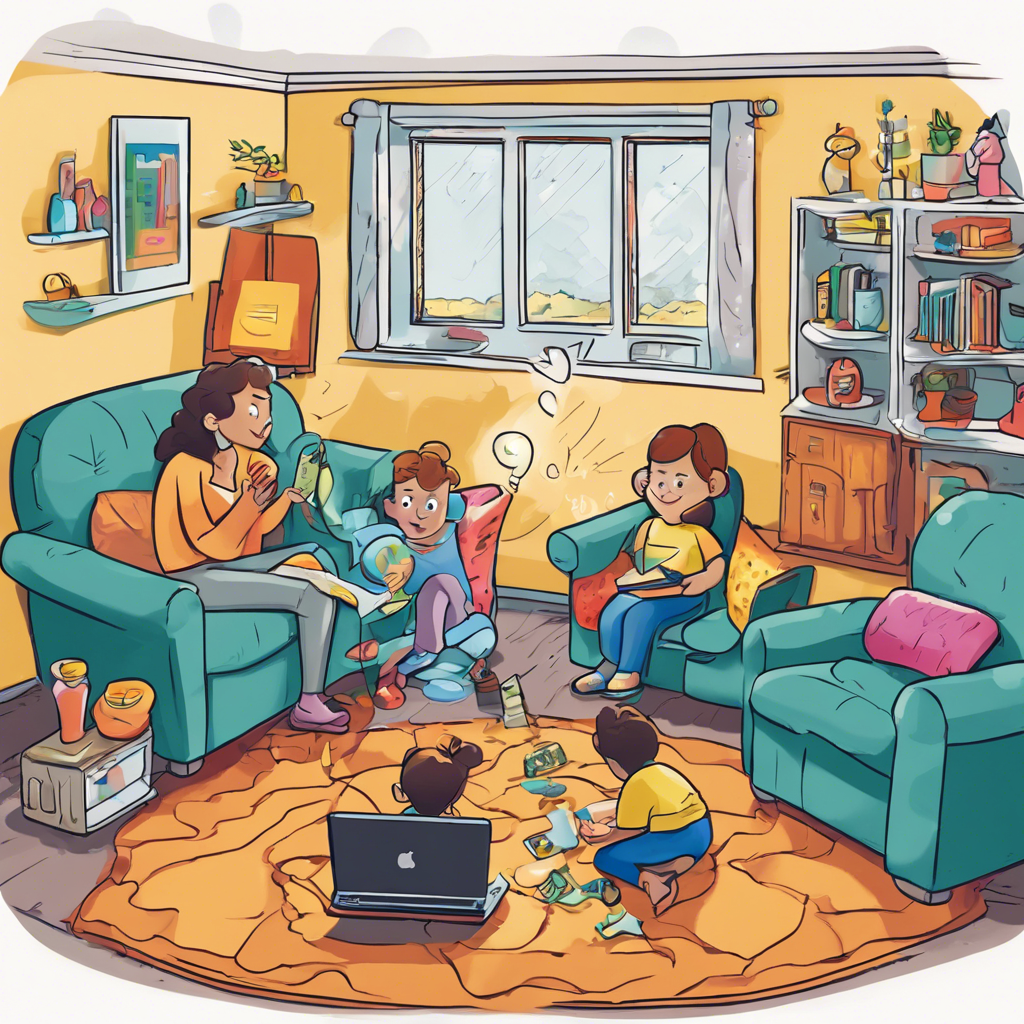How Do Cultural Norms Shape Societal Expectations In Different Historical Periods?
Gathering question image...
Introduction
Cultural norms are the foundational unwritten rules and expectations that govern social behavior within societies. These norms evolve continually and are significantly influenced by historical context, profoundly shaping societal expectations and interactions.
The Importance of Cultural Norms in Society
Cultural norms play a crucial role in establishing a framework for acceptable behavior and social values within communities. They define societal concepts of right versus wrong, as well as appropriate versus inappropriate actions. Over different historical epochs, these norms adapt and shift, often responding to changes in economic, political, and technological landscapes. A notable example is the Enlightenment period, where norms began to promote individual rights and scientific reasoning, significantly advancing expectations for personal autonomy and societal development. In contrast, the Victorian era emphasized strict norms regarding propriety and social conduct, deeply rooted in hierarchical and moral standards. However, it is essential to note that these norms were often challenged and critiqued by emerging movements advocating for gender equality and social reform.
- Cultural norms foster a sense of identity and community among society members.
- They can simultaneously resist and encourage change, effectively balancing tradition with modernity.
Cultural Norm Changes Across Historical Periods
Distinct historical periods exhibit unique cultural norms that reflect broader societal transformations. For instance, ancient societies prioritized community values, emphasizing family and clan loyalty. The Industrial Revolution introduced new norms centered on work and urban life, highlighting productivity and economic achievement. In contemporary times, the advent of digital communication is reshaping norms around privacy, social interaction, and community engagement, yielding fresh opportunities for connection while posing challenges related to information sharing and personal boundaries.
- Ancient cultures placed greater emphasis on community allegiance compared to individualism.
- The Renaissance period challenged established norms, celebrating humanism and innovation.
- Modern cultures frequently prioritize individual rights and freedoms, providing a stark contrast to historical collectivist values.
Conclusion
Cultural norms are dynamic and evolving entities that are both influenced by and influencers of historical contexts. By understanding these norms in the context of various historical periods, we can better appreciate the complexities of societal expectations and their evolution over time, as well as the continuous dialogues within cultures regarding their values and practices.
Expert Quote
Dr. Geert Hofstede, Cultural Psychologist and Author
Cultural norms function as the ‘software of the mind.’ They dictate how groups of people behave, think, and interact, and are frequently redefined as societies evolve over time.
Hofstede, G. (2010). Cultures and Organizations: Software of the Mind.
Relevant Links
Gender Roles and Norms: What Are They & How Do They Affect ...
https://unitedwaynca.org/blog/gender-norms/Gender Roles in Modern Society - One World Education
https://www.oneworldeducation.org/our-students-writing/gender-roles-in-modern-society/Harmful Gender Norms & Roles Can Create a Lifelong Cycle of ...
https://www.savethechildren.org/us/charity-stories/how-gender-norms-impact-boys-and-girls“Women's work” and the gender pay gap: How discrimination ...
https://www.epi.org/publication/womens-work-and-the-gender-pay-gap-how-discrimination-societal-norms-and-other-forces-affect-womens-occupational-choices-and-their-pay/Cultural Approaches to Parenting - PMC
https://pmc.ncbi.nlm.nih.gov/articles/PMC3433059/Most popular questions

How Do The Personal Relationships Among Gods Affect Their Decisions In The Iliad?
The intricate relationships among the gods in Homer's epic poem 'The Iliad' play a crucial role in shaping their actions and decisions. These divine interactions create a complex web of fates, where each god's personal alliances and rivalries directly influence the events of the mortal world.

What Strategies Can Parents Use To Educate Their Children About Online Safety Beyond Privacy Settings?
In today's digital landscape, teaching children about online safety is essential for their protection and well-being. While privacy settings play a critical role, parents can implement various strategies to create a thorough understanding of online safety principles among their children.

What Are The Different Types Of Insulation Materials Commonly Used In Buildings, And How Do They Compare In Terms Of Thermal Resistance?
Insulation materials are vital for enhancing energy efficiency in residential and commercial buildings by minimizing heat transfer. Understanding the various insulation types can lead to better choices for thermal resistance and overall comfort.
Most recent questions

How Do Authors Of Original Narratives Use Cultural Context To Inform Their Character Arcs In Ways That Fan Fiction Writers Might Not?
Original narrative authors skillfully integrate rich cultural contexts into their character arcs, creating multifaceted meaning and character development that deeply resonate with readers. Unlike fan fiction creators, who often expand on existing narratives, original authors have the distinct opportunity to shape their characters within unique cultural frameworks, leading to richer storytelling.

How Do Culinary Festivals Influence Local Economies Compared To The Effects Of Art And Music Festivals?
Culinary festivals are pivotal for local economies, offering unique financial advantages when compared to art and music festivals. This analysis explores the distinct economic effects of these various types of events and their implications for communities.

What Were The Social Impacts Of Increased Restrictions On Nightlife In New York City During The 1990s?
In the 1990s, New York City underwent significant transformations in its nightlife scene due to stringent regulations designed to enhance public safety and reduce urban crime. These changes not only impacted the local economy but also had deep-seated social implications that reshaped community interactions and fostered new cultural expressions.